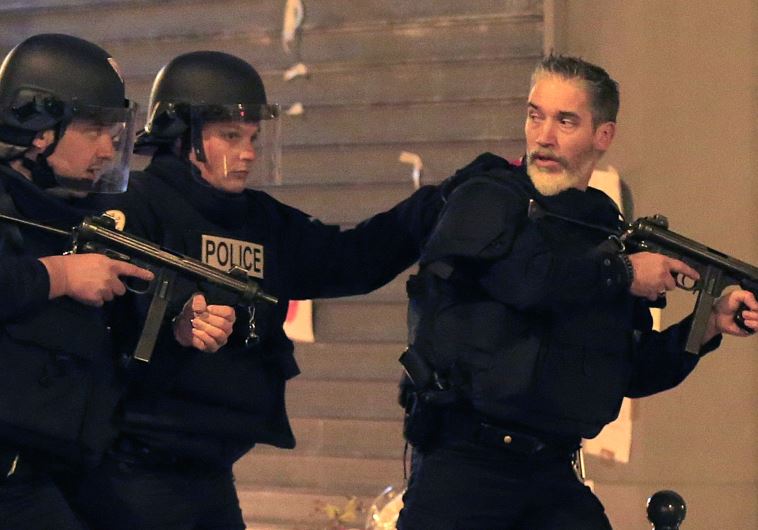Analysis: Are France and the EU serious about combating jihadism?
Scores of military experts believe ground troops are a sine qua non of winning the war against Islamic State in the Syrian and Iraqi theaters.
 French Police in action following a series of deadly attacks in ParisUpdated:
French Police in action following a series of deadly attacks in ParisUpdated: